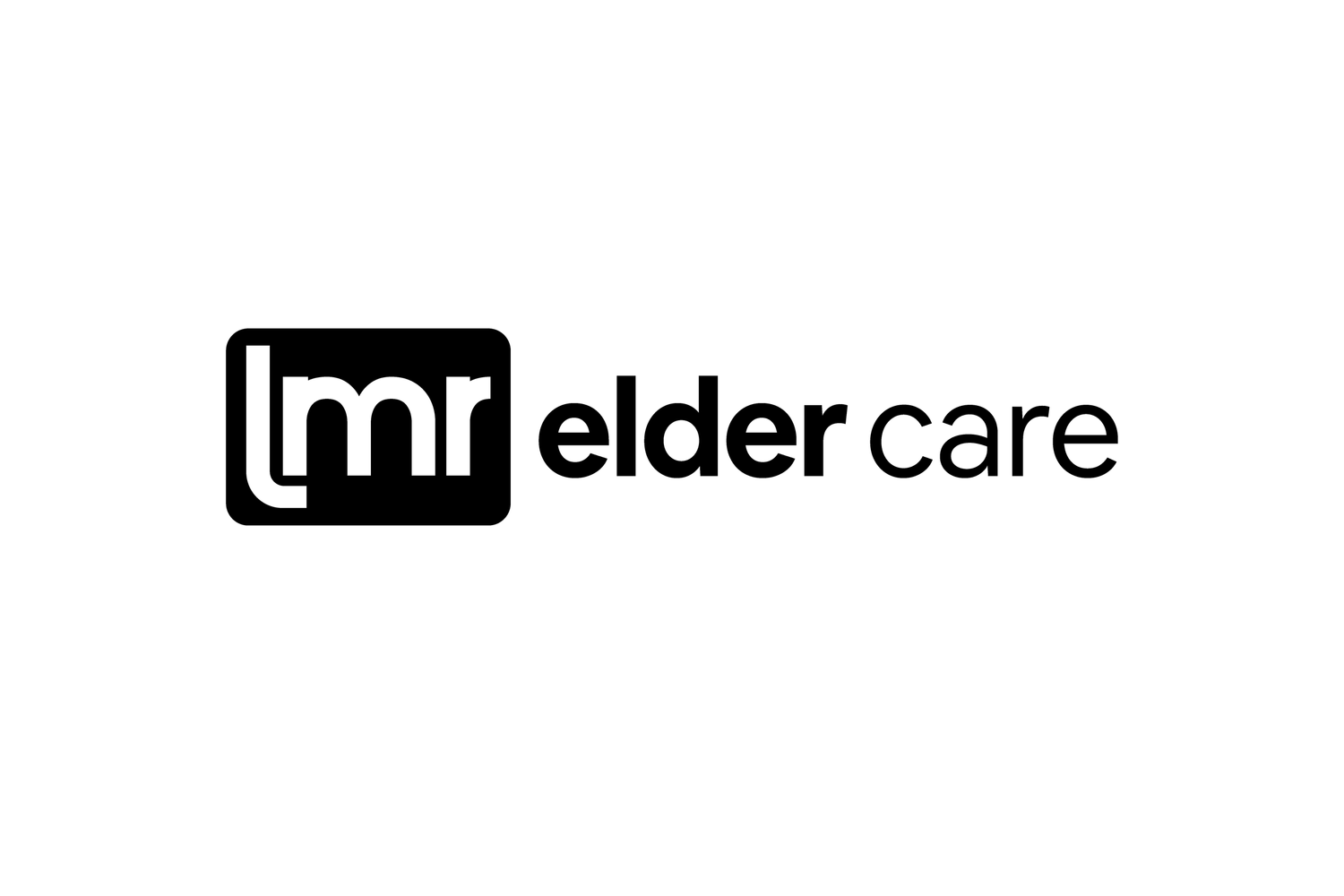Legal Basics Every New Caregiver Should Know
When you become a caregiver, you're not just managing medications and meals—you’re also stepping into a complex world of paperwork, healthcare decisions, and long-term care planning. Without the right documents and protections in place, the difficult job of caregiving can become even harder.
There are three documents that every person over the age of 18 should have in place but especially if you are a caregiver or the recipient of care by someone else:
1. Financial Power of Attorney
A durable power of attorney allows the person or people that you appoint to act on your behalf. This can be used as a convenience when a person is well, or out of necessity if they lack the physical ability or legal capacity to manage matters on their own. Some instances where an institution will always require power of attorney include accessing bank accounts, handling health and long term care insurance matters, dealing with the department of motor vehicles, and negotiating invoices such as a hospital bill.
2. Medical Power of Attorney/Health Care Proxy
A Medical Power of Attorney is a document that a person completes when they are of sound mind that authorizes someone else to act as their proxy if they are unable to make medical decisions on their own accord.
Unlike the financial power of attorney which can be used for convenience, a medical power of attorney can never supersede the wishes or instructions of a person who holds legal capacity even if we disagree with their decisions. People can make their own choices, like declining surgery or experimental medical treatments, as long as they do not endanger others.
3. Advance Directive/Living Will
The Advance Directive is the set of medical instructions, or roadmap if you will, of what a person would want if they are unable to speak for themselves. Typically, it includes the authority to hire a care manager, long term care wishes, and end of life preferences such as mechanical ventilation and allowing natural death (often referred to as DNR, or do not resuscitate.).
Final Thoughts: Plan Now, Stress Less Later
It is a privilege to care for the life and well-being of someone else, and my clients who take on this responsibility would have it no other way. But it is also scary, time consuming and physically and emotionally exhausting. Having the legal documents in place now will save time, money and aggravation later on if a person fails to plan and their loved one needs to file a guardianship petition with the courts.
At LMR Elder Care we can help you determine if you have the proper legal documents in place and, if not, work with you and your loved ones to make sure that the necessary action is taken to protect yourselves. We are a boutique care management company that offers personalized support and guidance for clients and their chosen family caregivers.
📞 Call us at 973.533.0839 or email us at hello@LMReldercare.com to learn more about how we can support you on your caregiving journey.

